All Formats & Editions
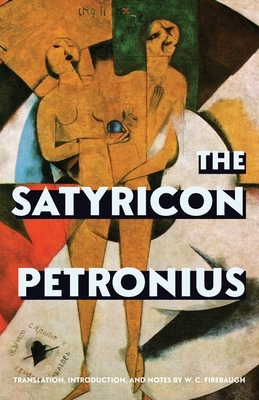
The Satyricon (Warbler Classics Annotated Edition)
The Satyricon is a wild and witty ancient Roman novel, believed to have been written by Gaius Petronius in the late first century AD. A satirical romp through ancient Rome, the Satyricon follows the misadventures of Encolpius, a young man with questionable morals, and his...
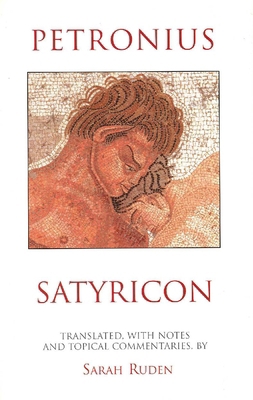
Satyricon (Hackett Classics)
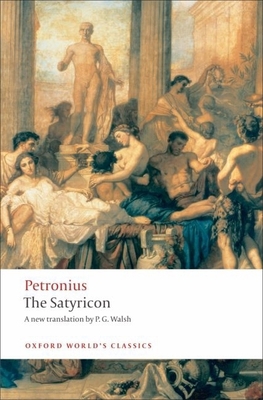
The Satyricon
The Satyricon is the most celebrated prose work to have survived from the ancient world. It can be described as the first realistic novel, the father of the picaresque genre. It recounts the sleazy progress of a pair of literate scholars as they wander through the cities of the...
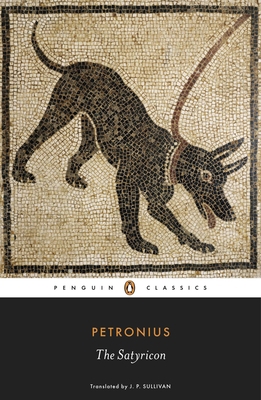
The Satyricon
The marvelously entertaining parody of imperial Rome One of the most outrageous and strikingly modern works to have survived from the ancient world, The Satyricon offers an unmatched satirical portrait of the age of Nero, in all its excesses and chaos. It recounts the adventures...
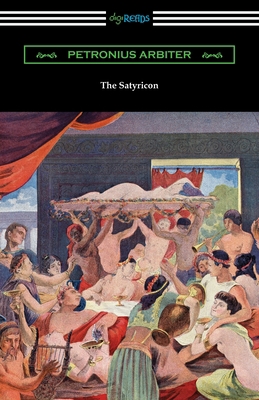
The Satyricon

The Satyricon
The marvelously entertaining parody of imperial Rome
One of the most outrageous and strikingly modern works to have survived from the ancient world, The Satyricon offers an unmatched satirical portrait of the age of Nero, in all its excesses and chaos. It...
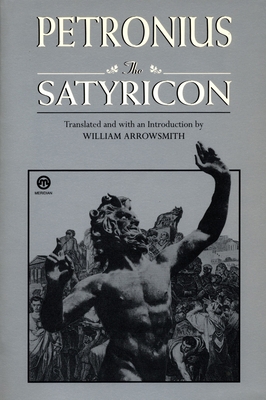
The Satyricon
"This version by a translator who understands the high art of low humor is conspicuously funny."--Time The Satyricon is a classic of comedy, a superbly funny picture of Nero's Rome as seen through the eyes of Petronius, its most amorous and...

The Satyricon
![Petrone, Le Satiricon [French] 2251011382 Book Cover](https://m.media-amazon.com/images/I/3141EcnZnlL._SL500_.jpg)
Petrone, Le Satiricon [French]
L'Antiquite s'est montree fort avare de renseignements sur l'auteur du Satiricon. On l'identifie le plus souvent au Petrone dont parle Tacite dans Les Annales (16, 18-19): l'auteur du Satiricon serait ce debauche, surnomme l'arbitre des elegances, qui s'imposa un temps a la cour...
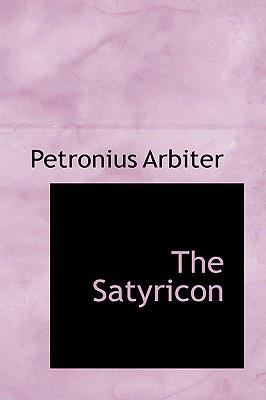
The Satyricon
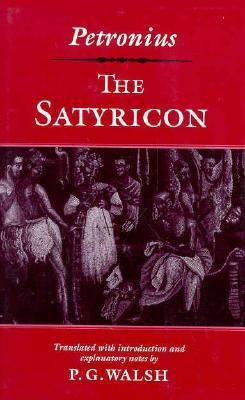
The Satyricon
The Satyricon is the most celebrated prose work to have survived from the ancient world. It can be described as the first realistic novel, the father of the picaresque genre. It recounts the sleazy progress of a pair of literate scholars as they wander through the cities of the...
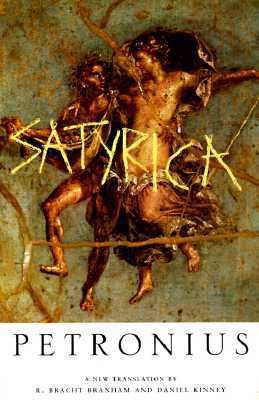
Satyrica
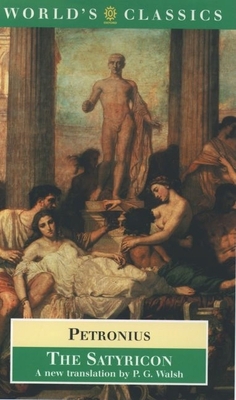
The Satyricon (Oxford World's Classics)
The Satyricon is the most celebrated prose work to have survived from the ancient world. It can be described as the first realistic novel, the father of the picaresque genre. It recounts the sleazy progress of a pair of literate scholars as they wander through the cities of the...

Satyricon
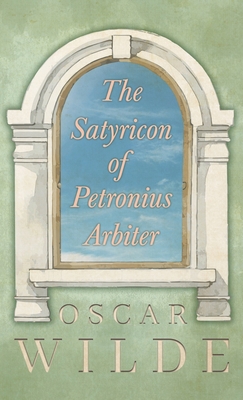
The Satyricon of Petronius Arbiter
This volume contains Oscar Wilde's translation of "The Satyricon", a Latin work of fiction most likely written by Gaius Petronius. An example of Menippean satire, it contains both verse and prose presented with comic and serious elements, and concerns the unusual escapades of...

The Satyricon
The Satyricon is the most celebrated prose work to have survived from the ancient world. It can be described as the first realistic novel, the father of the picaresque genre. It recounts the sleazy progress of a pair of literate scholars as they wander through the cities of the...
![Satyricon [Latin] 1909669784 Book Cover](https://i.thriftbooks.com/api/imagehandler/l/A02D0509186BAA03E8D9EF1C63959F587CAF778C.jpeg)
Satyricon [Latin]
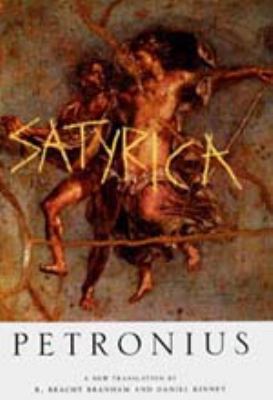
Satyrica
Encolpius, a soldier of fortune, despiser of pedantry, lecherous and contrary, and the beautiful Giton, who lives off his charms, are invited to a gargantuan banquet hosted by the prodigal, pompous, newly rich Trimalchio. When the feast turns into a riot, the two, joined by the...
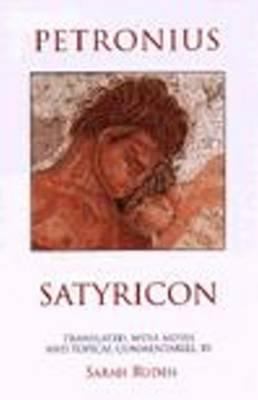
Satyricon (Hackett Classics)
This new Satyricon features not only a lively, new, annotated translation of the text, but fresh and accessible commentaries that discuss Petronius' masterpiece in terms of such topics as the identity of the author, the transmission of his manuscript, literary influences on the...
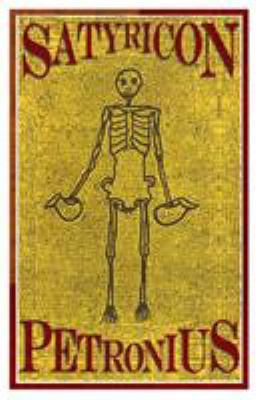
Satyricon

The Satyricon of Petronius Arbiter
Oscar Wilde, as a brilliant classics scholar, was well acquainted with The Satyricon. Furthermore, there is much internal evidence to indicate that the great erotic novel of the classical world, which first saw the light of day in Nero's Rome, exerted a profound influence on...
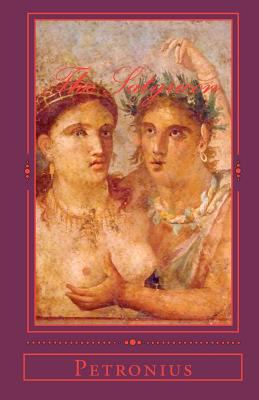
The Satyricon: English - Latin Parallel Text

The Satyricon of Petronius Arbiter

The Satyricon of Petronius (The Satyr of Titus ...

The Satyricon
The Satyricon is neither a Satyr play nor a satiric work, though it has flavours of both, but rather a Saturnalian medley, which pursues the misadventures of Encolpius, a runaway slave, amongst his friends and enemies. It mingles prose and verse, farce and fantasy, life and philosophy,...



